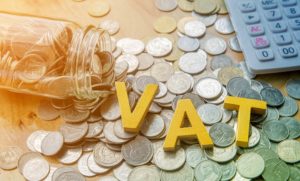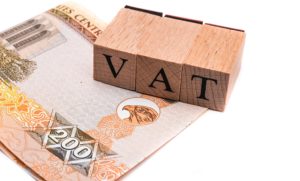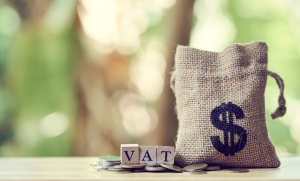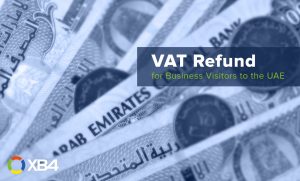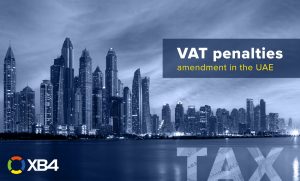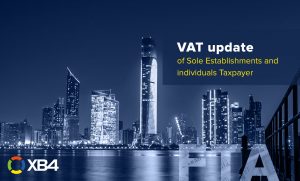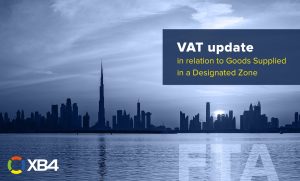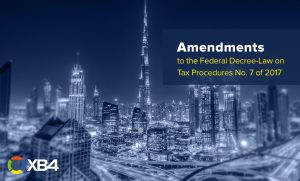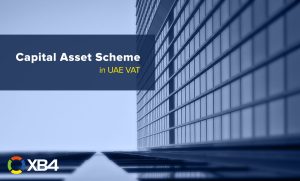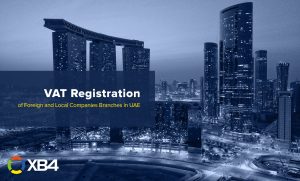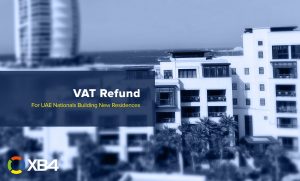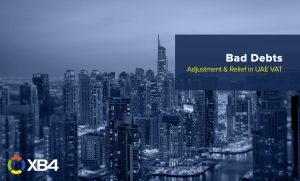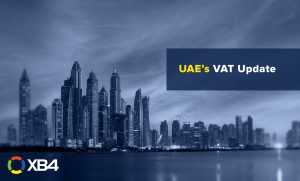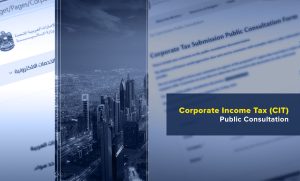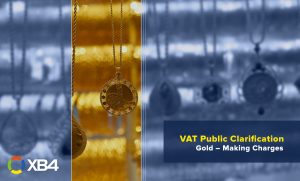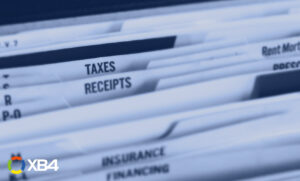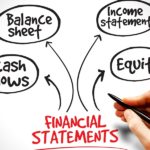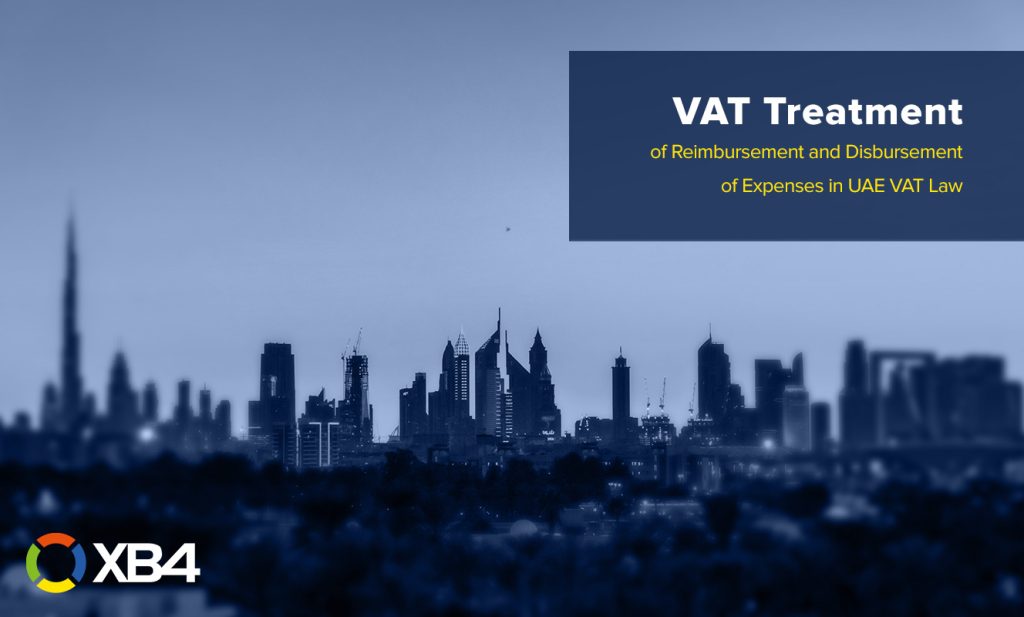
VAT Treatment of Reimbursement and Disbursement of Expenses in UAE VAT Law
In commercial transactions, a person may incur expenses and subsequently recover such expenses from another party. The VAT treatment of the subsequent recovery of expenses depends on whether the recovery is a “Disbursement” or “reimbursement”.
This article will discuss the VAT principles for differentiating between Disbursement and Reimbursement and the VAT treatment that should be applied to Disbursement and Reimbursement of expenses.
WHAT IS CONSIDERATION, REIMBURSEMENT AND DISBURSEMENT?
CONSIDERATION: is the value of supply that is received or expected to be received for the supply of goods or services, whether in money or other acceptable forms of payment.
REIMBURSEMENT: refers to the recovery of expenses that you incur as a principal. In another meaning, Reimbursement refers to the recovery of an expense that you incurred, as a principal, on behalf of your client when you are supplying goods or services to them.
EXAMPLE: company A entered a contract with Company B to build a hotel for company B. Company A incurred drawing fees for the plan from a third party in its name while providing these services and then recovered these amounts from Company B as per the existing terms of their contract. This recovery of expenses is Reimbursement.
DISBURSEMENT: refers to the recovery of payments made on behalf of another person. In other words, Disbursement refers to the recovery of a payment made by you on behalf of your client, as an agent, for goods or services received and used by your client only.
EXAMPLE: a consultancy firm acts as an agent of its clients paid certain expenses on their behalf; the recovery of such expenses shall be treated as Disbursement.
WHAT IS THE VAT TREATMENT FOR REIMBURSEMENT AND DISBURSEMENT?
REIMBURSEMENT: This is a supply and falls within the scope of VAT in which it is subject to VAT.
DISBURSEMENT: It is not a supply and falls outside the VAT scope in which it is not subject to VAT.
WHAT ARE THE PRINCIPLES FOR DISBURSEMENT AND REIMBURSEMENT?
PRINCIPLES FOR DISBURSEMENT:
The following principles will help you to determine whether the recovery of an expense from another party satisfies the conditions for being classified as a Disbursement or Reimbursement:
- The recipient of the goods or services should be the other party;
- The responsibility for making the payment to the supplier shall be of the other party;
- Invoice or tax invoice from the supplier should be addressed to the other party;
- The other party should have authorized you to make the payment on his behalf;
- The goods or services paid for should be added to the supplies you make to the other party; and
- The payment should separately be shown on the invoice, and you should recover the exact amount paid from the supplier without a mark-up.
It should be noted that you as an agent are not a party to the contract for the supply; you make payment for the supply on behalf of your client. You, as an agent, are not entitled to claim the input VAT since the goods or services are supplied to your client.
PRINCIPLES FOR REIMBURSEMENT:
- You should have contracted for the supply of goods or services in your name and capacity;
- You should have received the goods or services from the supplier;
- You should receive an invoice from the supplier in your name, and you are under the legal obligation to make payment for it;
- You should own the goods prior to making the onward supply to the other party in case of goods.
The above principles should be used as indicators to analyze whether recovery of expense amounts to Reimbursement or Disbursement. However, the taxpayer should consider all the facts and circumstances of the transaction holistically to arrive at a decision.
HOW CAN XB4 HELP YOU IN THIS REGARD?
XB4 VAT consultants are well equipped to advise and take care of your VAT file. We have years of experience conducting VAT compliance reviews and could identify areas of high risk and suggest ways to improve your process and mitigate these risks. Additionally, we can be your legal representative by directly dealing with the FTA and relieving you of all tax burdens.



